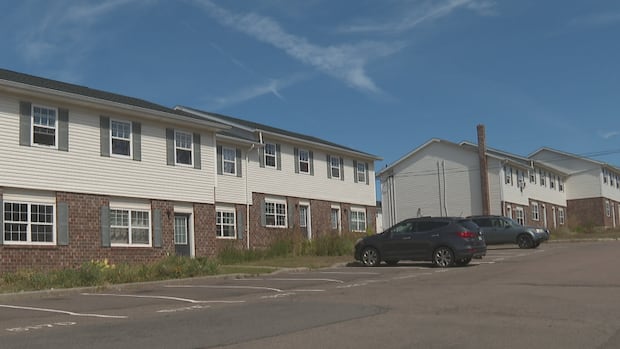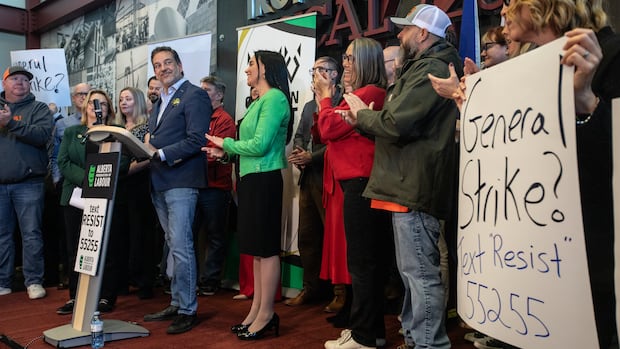Tenants of the Browns Court rental neighbourhood in Charlottetown say they’ve been offered thousands of dollars to “pressure” them to leave their units after a new owner took over two years ago.
Their units are now renting for significantly below the current market rate, but some occupants told CBC News they fear the rents will shoot up after the owner carries out planned renovations.
“It’s a little unnerving that your housing isn’t secure,” said Mike Morrison, who has lived in his unit with roommates for four years now, and currently pays $400 a month toward its $1,200 monthly rent, utilities not included.
He fears that once the unit is renovated and basic furniture is added, the future tenant will pay as much as double, with utilities included: “These people are trying to turn these around … and you just know that they’re never going to stop.”
Prince Edward Island has legislation that deals with the maximum allowable rent increases each year, eviction procedures, and how much rent can go up even for units improved by renovations.
The half-dozen tenants who spoke with CBC News said they worry those rules aren’t being followed. And some people talking about the situation are using phrases like “cash for keys” and “renoviction” to describe what’s happening.
Home to students, workers and families
Browns Court is a large housing complex right across from the main University of Prince Edward Island campus on University Avenue. It includes several large apartment buildings and many rows of townhouses.
Traditionally, many students have rented the units because they are so near the campus, but other people live here too, including families.
In 2023, tenants received a notice saying Killam Apartment REIT had sold many of those buildings to a Montreal-based company called Werkliv Group Inc.
“Werkliv is one of the largest student and rental housing development companies, collaborating with investors who are looking for high-yield, low-risk, and market enduring opportunities,” the company says on its LinkedIn page, which lists Daniel Goodfellow as its founder and director.
To minimize disruption during the upgrades on these buildings, some tenants were offered voluntary financial compensation if they chose to end their lease early… The decision is always that of the tenant.— Lyndsay Garden
Provincial property records show Werkliv as the current owner of at least one large apartment building in the Browns Court area. Many others are listed as belonging to 505 University Avenue Limited Partnership, a corporation that lists Goodfellow as its director.
Nobody from those companies was made available for an interview. But an email from Lyndsay Alexandra, who signs off as being associated with “University Apartments,” said the landlords are doing nothing wrong.
“Our buildings require upgrades to meet the standards that students both need and deserve. Our investment in Charlottetown reflects the urgent demand for high-quality student housing located in close proximity to UPEI and Holland College,” it said in part.
Tenants of a Charlottetown rental complex say they’re being offered of thousands of dollars to leave their apartments after a new owner took over in 2023. As CBC’s Laura Meader reports, the company says it’s doing nothing wrong.
“To minimize disruption during the upgrades on these buildings, some tenants were offered voluntary financial compensation if they chose to end their lease early. These discussions are handled individually, and the decision is always that of the tenant. When a tenant ends their lease by choice, as was the case in these circumstances, no additional paperwork or approvals are necessary.”
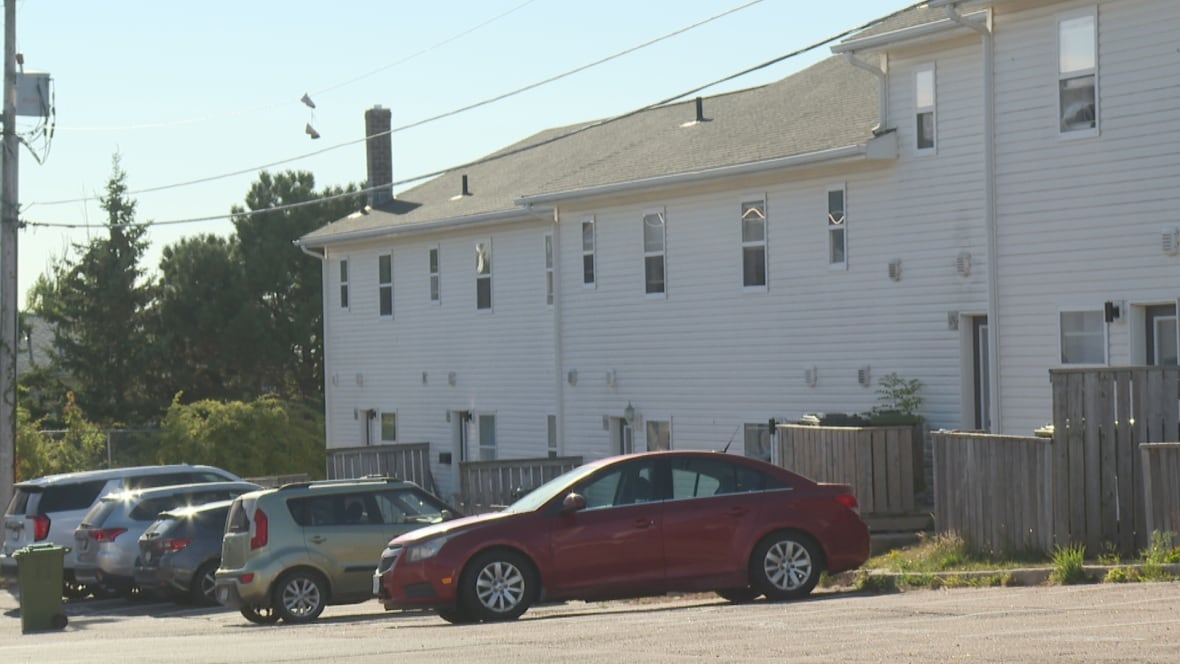
Alexandra’s note continues: “This approach is consistent with standard practices across the Canadian housing community, and at all times University Apartments respects and upholds the rights of tenants… University Apartments has never renovicted anyone in its history and doing so would be contrary to our values.”
‘They want us out’
Morrison is among the tenants who describe themselves as feeling “pressured” to leave with offers of thousands of dollars. Most of them would not agree to speak on the record because they feared the consequences of going public.
“Absolutely it was pressure,” said Morrison, who said he and his two roommates were offered the equivalent of six months’ rent to leave, or $7,000. “They would never stop. There’s no reason for them to stop; they want us out.”
And it wasn’t just a one-time offer, he said.
“The tone was very much that – at first it was an offer and then… it was that we were leaving, basically. And then we just kind of kept telling them ‘Thanks but no thanks,’ because as far as we can tell, we don’t have to leave…. They would just drop it and try again in a few months.”
He said he didn’t know what he would do if he did agree to take money for leaving and had to find a new home in today’s Charlottetown rental market.
“I would not be able to make a deposit and pay first month’s rent, and I’m working full-time.”
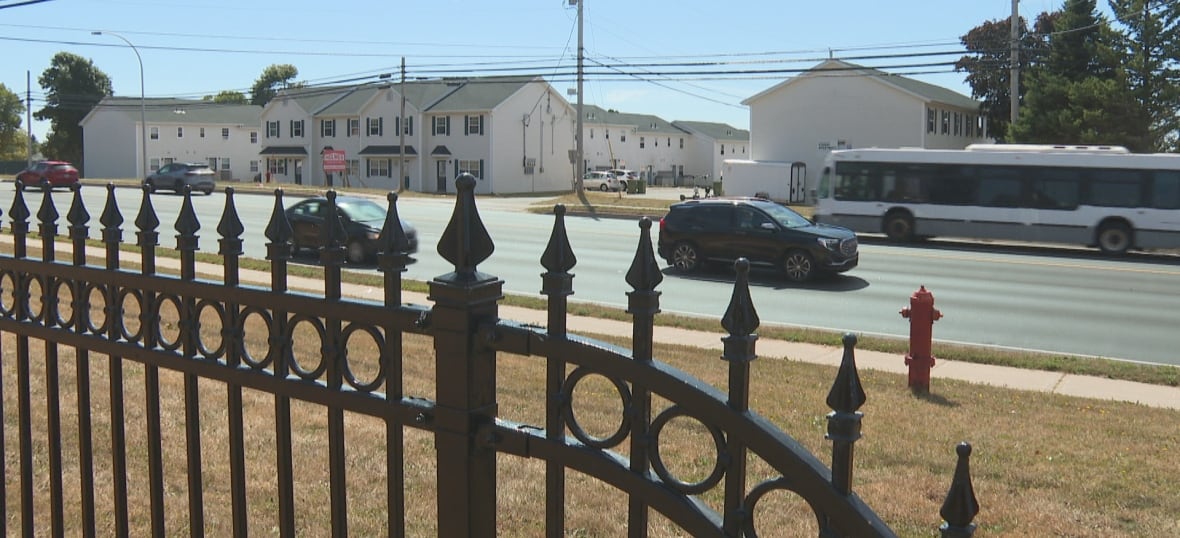
Some of the newer tenants at Browns Court, living in renovated townhouses with furniture and utilities included, told CBC News they are paying more than double what Morrison and his roommates pay, ranging from $2,500 to $2,800 for a townhouse, which works out to around $850 to $950 per occupant.
CBC hasn’t confirmed what the units rented for before they were renovated or whether special rental increases were approved.
“People aren’t generally aware of what their rights are and I think that’s how they cleared out most of these places, by just implying that they had to leave,” Morrison said of tenants who did agree to end their leases.
“That’s not the case at all. At the moment I’m just digging my heels in and reporting anything that might be illegal or a violation of the rental agreement, anything I can do.”
Formal evictions require paperwork, approvals
None of the tenants who spoke to CBC News received formal eviction notices, which are required under P.E.I. rental law if a tenant is being evicted. Landlords also need to get approvals from a regulator to evict tenants, and there are often hearings.
“A landlord can only ever evict for a series of allowable reasons, and those reasons are all kind of listed on the P.E.I. Rental Office’s web page, on their eviction forms, so when we hear about things like this happening, it’s a little bit concerning,” said Rowen Gallant, a program manager with Renting P.E.I., a group that provides community legal information for landlords and tenants.

If an eviction is approved, landlords have to give at least six months’ notice. Tenants also have the right to appeal, or to be offered another unit in the complex and given the right to return to the renovated home.
P.E.I. also has rent controls, so rent can’t be increased substantially just because someone moves out. The rent is attached to the unit, not the tenant, and the price can go up only by a small amount once per year. For the current year, it’s 2.3 per cent.
In the case of renovated units, landlords have to apply to be allowed to charge more, and even that is limited to an extra three per cent above the annual allowable increase.
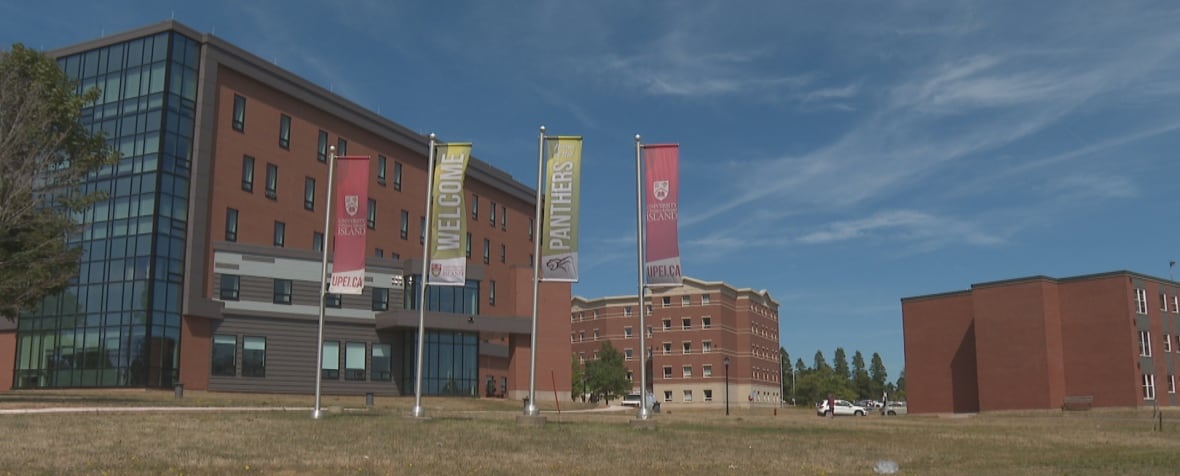
As for the offers of money to end a lease, which Gallant called “the kind of ‘cash for keys’ thing, that’s definitely come to our attention as an issue.”
‘Working around’ the legislation?
Gord McNeilly is the Liberal MLA whose provincial district includes the Browns Court neighbourhood. He said he’s hearing from worried tenants.
“It’s a little bit ominous. It’s not a good renting situation in that area for people just trying to renew and live peacefully,” he said.
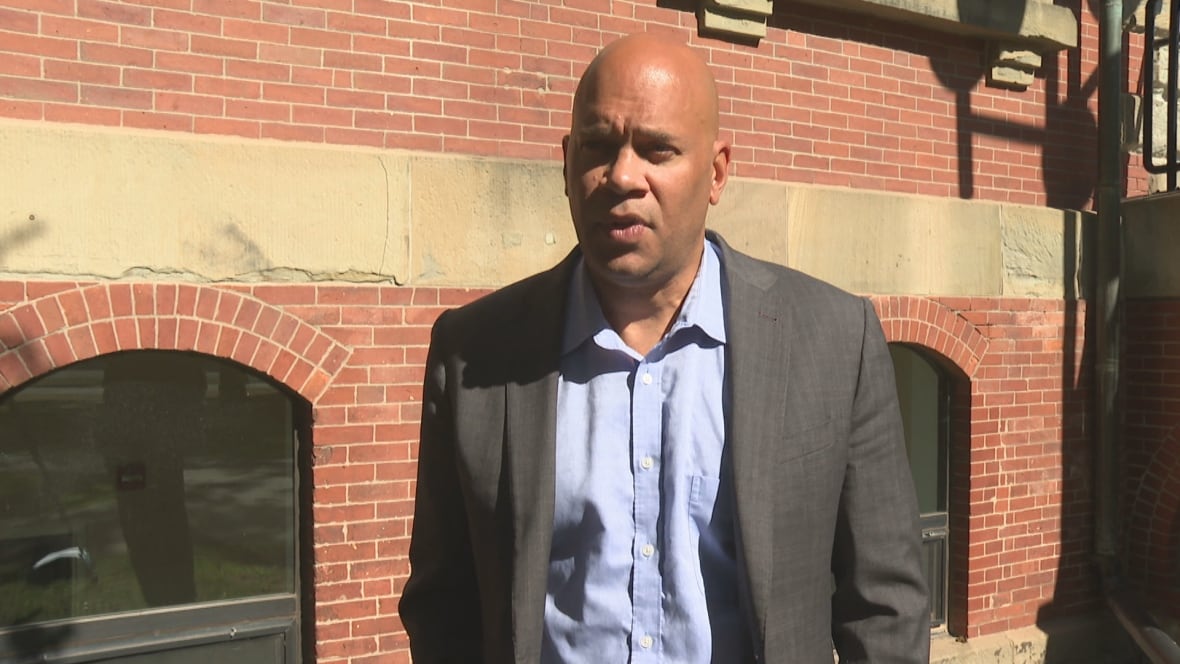
McNeilly, who has been looking at recent ads for the renovated units, said he thinks the complex operator is “working around” the legislation.
“The unit is updated but it’s the same unit… It’s becoming an impossible situation.”
McNeilly said he has reached out to the P.E.I. Residential Tenancy Office asking for an investigation.
People have come forward to me and said, ‘Look, they’re trying to evict me, they’re trying to get me to leave under weird circumstances and it’s becoming increasingly more difficult to live there.— Gord McNeilly
“People have come forward to me and said, ‘Look, they’re trying to evict me, they’re trying to get me to leave under weird circumstances and it’s becoming increasingly more difficult to live there.'”
The Residential Tenancy Office is part of the Island Regulatory and Appeals Commission, or IRAC. In an email to CBC News, the regulator said it can not comment on specific matters.
However, the email quoted director Jennifer Perry as saying this: “The Residential Tenancy Act does not explicitly address the topic of rental incentives and the office has not yet adjudicated any matters where circumstances involve some sort of incentive being offered to the tenant.”
Rent changed at last minute
CBC News spoke with a number of students who said they thought the renovated Browns Court units were pricey but the location was ideal.
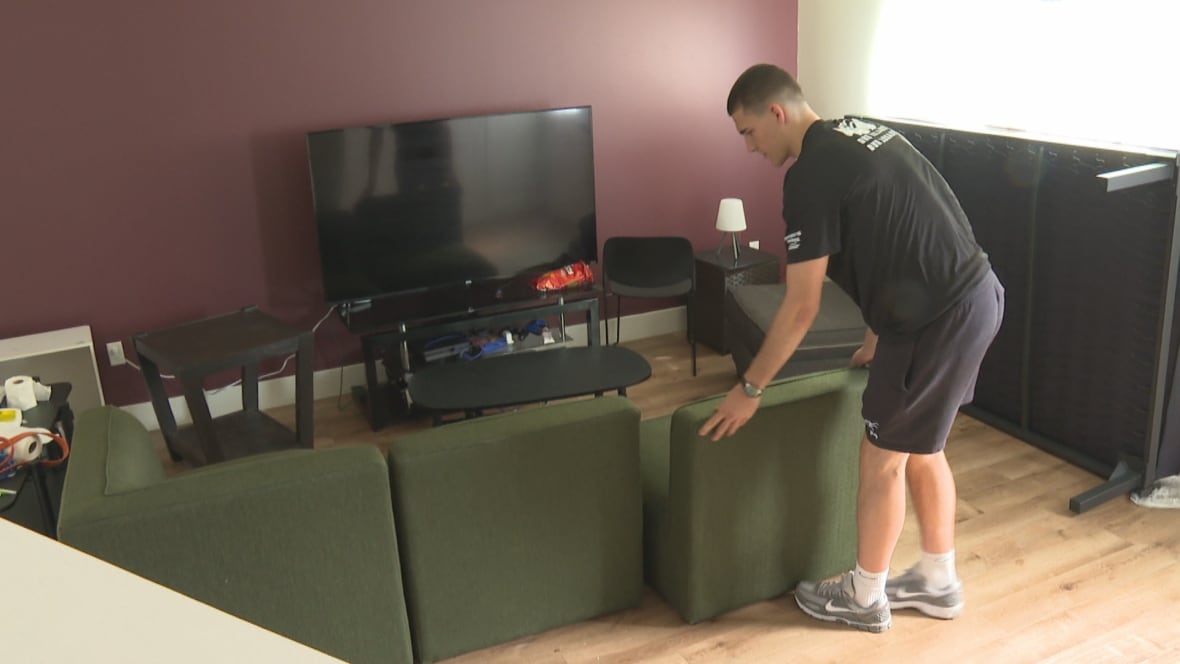
Some did like the fact that the new units included everything, like furniture and utilities, but they also talked about rent increases. Some said University Apartments has offered them gift cards as partial compensation.
Nicolas Gonzalez Longarela said that when he and his roommates talked to a landlord on the phone, they were given one price but that changed when they had to sign the lease.
“We were going to pay $850 [each] and then they moved it to $950,” he said. “They [said], ‘We’ll give you a gift card for the inconvenience,’ but the gift card doesn’t cover the difference that you’re making us pay.
“It was a surprise for us and a financial burden for the students but we didn’t have any other option but staying.”



